Rental not Performing? How to Know When it is Time for a Change
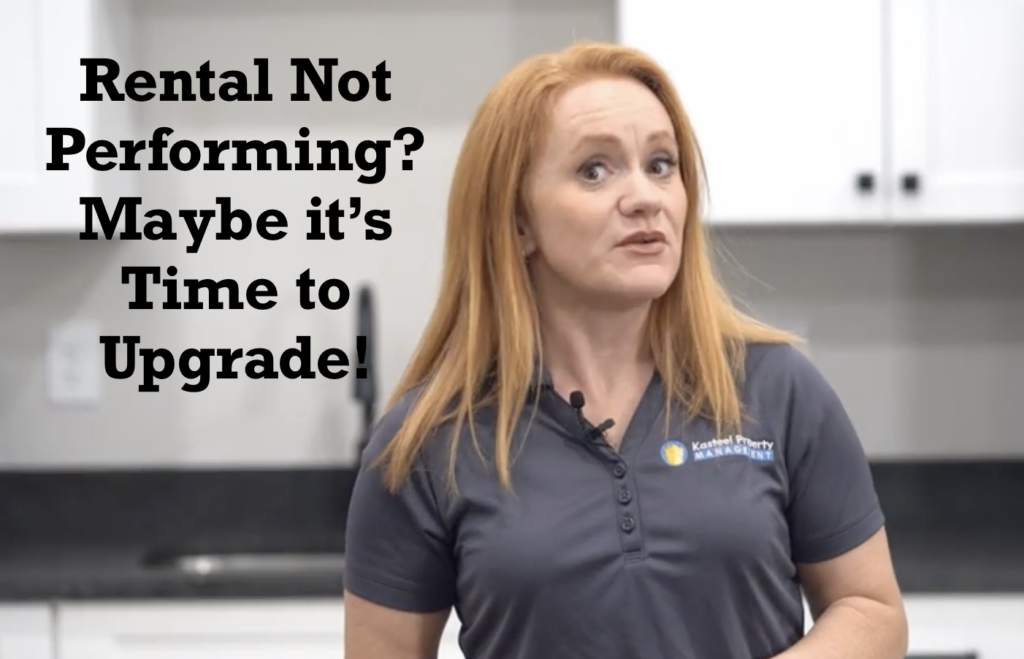
Property Management and Emergency Maintenance Handled Right
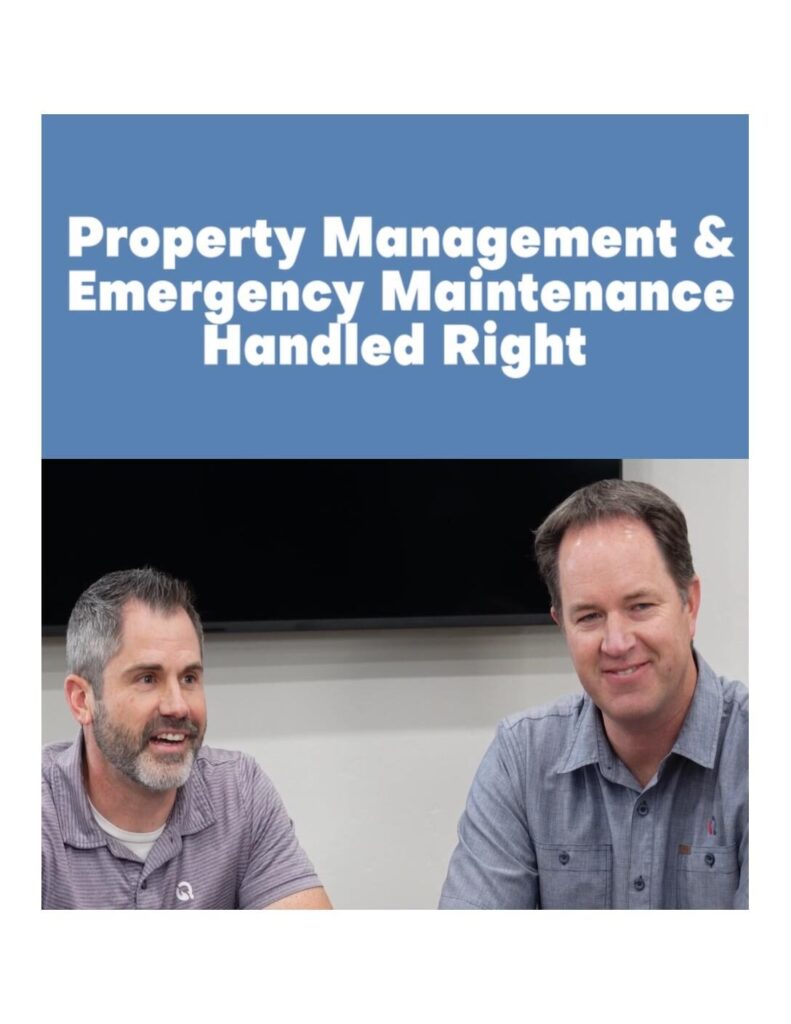
What Should I Charge for Rent?
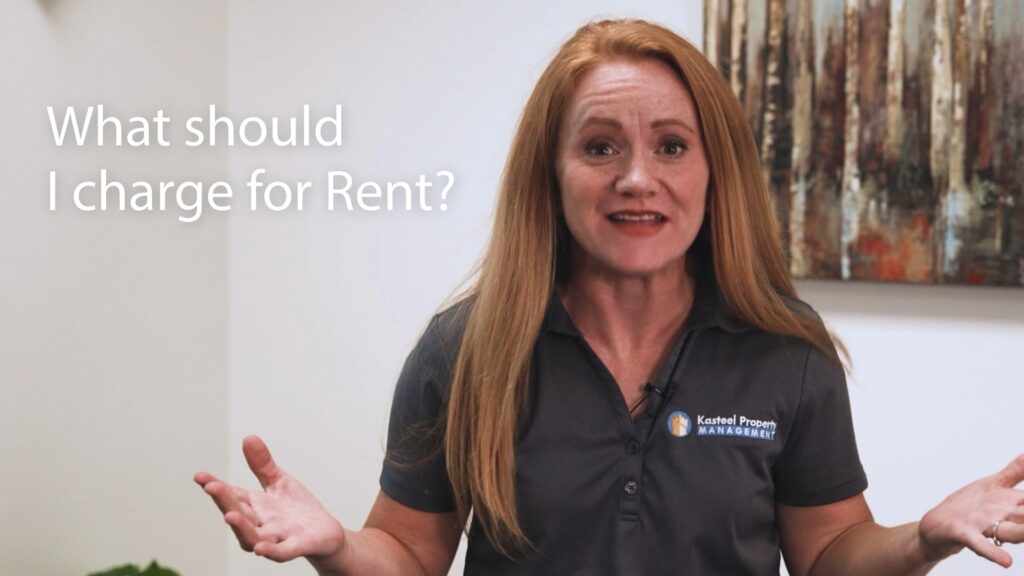
Defer taxes on Real Estate Investments with a 1031 Exchange

Best Practices to find and purchase a rental property
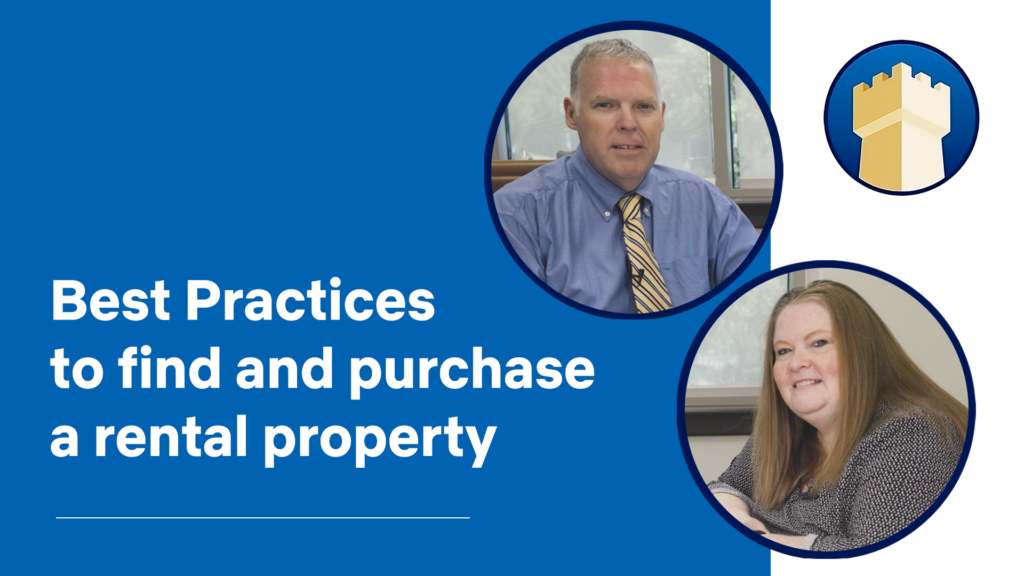
Protect your Real Estate Investment Property through an LLC and Your Living Trust

Maximize Your Profits By Keeping It Simple
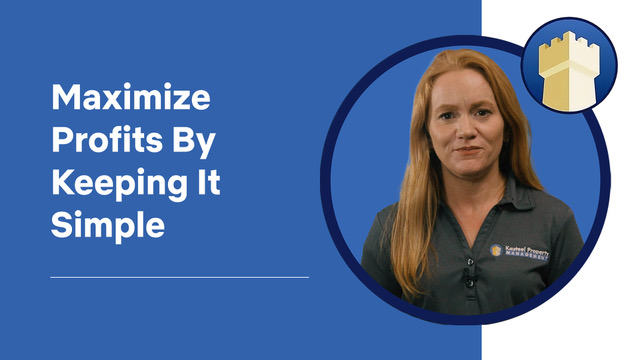
Finding Success in Real Estate by Keeping it Simple The success in renting your investment property, can depend on your commitment to keeping it simple. Every home and its rental agreement has a lot of factors and variables that you must manage. Many of these variables you can remove or mitigate in order to reduce […]
Top 6 Ways a DIY Landlord May Lose Money

DIY can be a great way to be independent, learn new skills, and often times it saves you money. There are a lot of people taking the DIY approach as a landlord. If a person has the time and resources to follow best practices, it can be a rewarding experience. However, the majority of […]
Top 7 Problems When Renting Out Individual Rooms
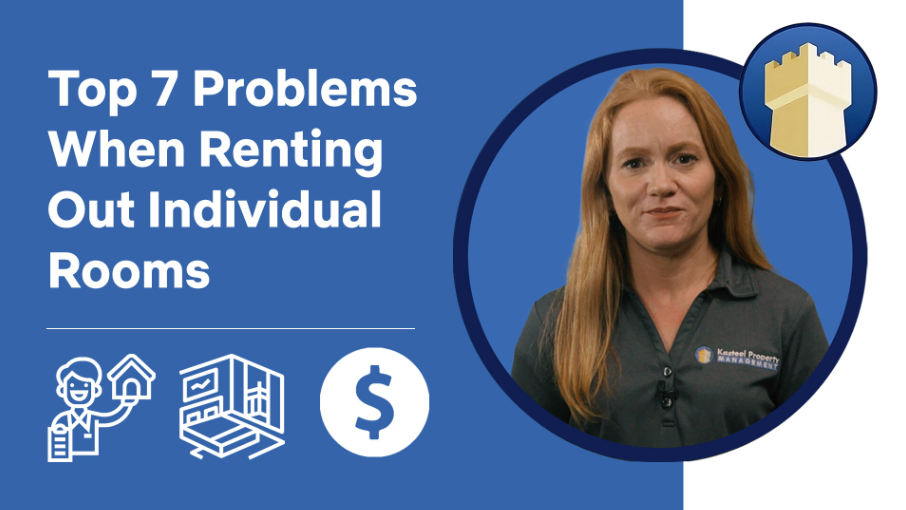
Often landlords are looking for ways to maximize the rental income from their investment properties. One common practice, especially in college towns, is to rent out individual rooms to single adults. The hope, is that the accumulation of individual rents would add up to more income than what you would get when renting out […]
Is Your Plan the Best Plan to Accomplish Your Real Estate Goals?

Real Estate is a fantastic way to diversify your investments and create financial security for a stable retirement. Establishing a plan is important for accomplishing those goals. In doing this, you need to be careful that your plan does not become more important than your goal. I’ll give you several examples of what I […]



